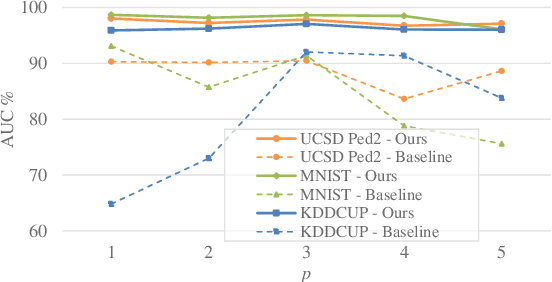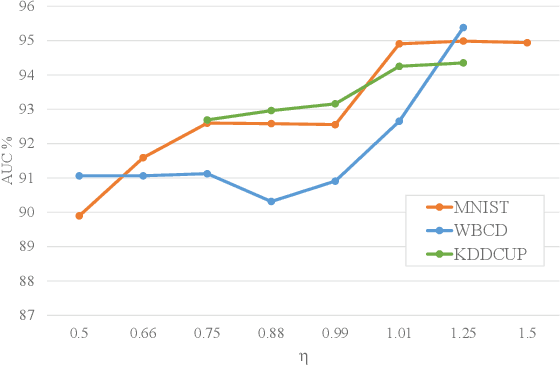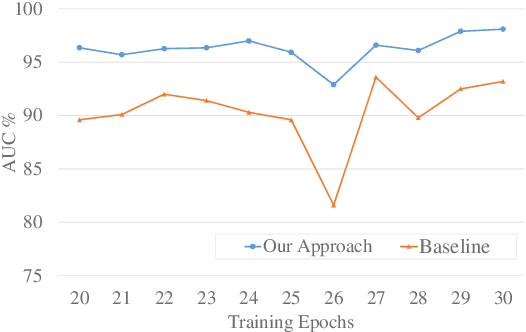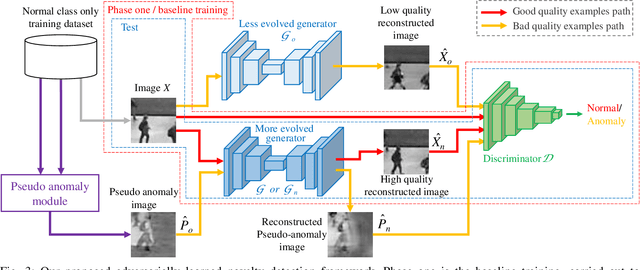Jin Ha Lee
Exploring the Collaborative Co-Creation Process with AI: A Case Study in Novice Music Production
Jan 25, 2025Abstract:Artificial intelligence is reshaping creative domains, yet its co-creative processes, especially in group settings with novice users, remain under explored. To bridge this gap, we conducted a case study in a college-level course where nine undergraduate students were tasked with creating three original music tracks using AI tools over 10 weeks. The study spanned the entire creative journey from ideation to releasing these songs on Spotify. Participants leveraged AI for music and lyric production, cover art, and distribution. Our findings highlight how AI transforms creative workflows: accelerating ideation but compressing the traditional preparation stage, and requiring novices to navigate a challenging idea selection and validation phase. We also identified a new "collaging and refinement" stage, where participants creatively combined diverse AI-generated outputs into cohesive works. Furthermore, AI influenced group social dynamics and role division among human creators. Based on these insights, we propose the Human-AI Co-Creation Stage Model and the Human-AI Agency Model, offering new perspectives on collaborative co-creation with AI.
Stabilizing Adversarially Learned One-Class Novelty Detection Using Pseudo Anomalies
Mar 25, 2022



Abstract:Recently, anomaly scores have been formulated using reconstruction loss of the adversarially learned generators and/or classification loss of discriminators. Unavailability of anomaly examples in the training data makes optimization of such networks challenging. Attributed to the adversarial training, performance of such models fluctuates drastically with each training step, making it difficult to halt the training at an optimal point. In the current study, we propose a robust anomaly detection framework that overcomes such instability by transforming the fundamental role of the discriminator from identifying real vs. fake data to distinguishing good vs. bad quality reconstructions. For this purpose, we propose a method that utilizes the current state as well as an old state of the same generator to create good and bad quality reconstruction examples. The discriminator is trained on these examples to detect the subtle distortions that are often present in the reconstructions of anomalous data. In addition, we propose an efficient generic criterion to stop the training of our model, ensuring elevated performance. Extensive experiments performed on six datasets across multiple domains including image and video based anomaly detection, medical diagnosis, and network security, have demonstrated excellent performance of our approach.
 Add to Chrome
Add to Chrome Add to Firefox
Add to Firefox Add to Edge
Add to Edge